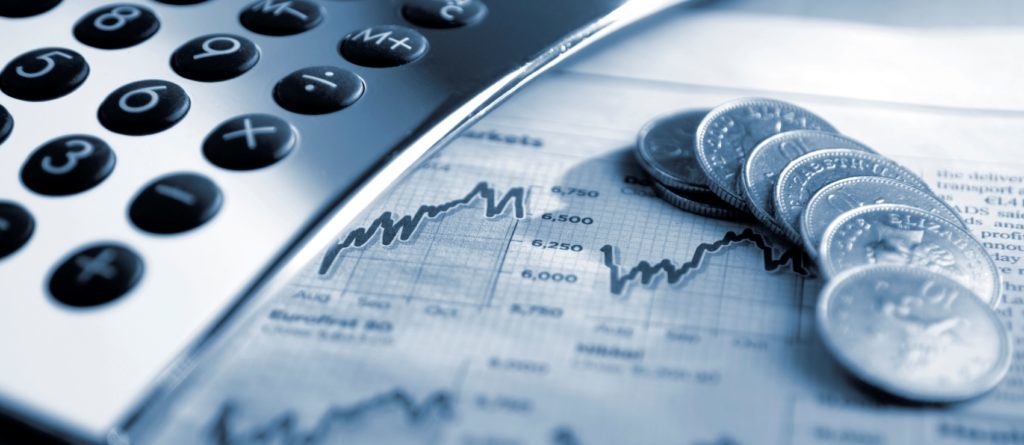National budget revenue reached 5.3 trillion tenge (US$14.6 billion) in the first six months, 4.8 percent more than in the corresponding period last year. The main source of revenue is taxes, which account for almost 70 percent of the total income. Tax revenue comprised 3.7 trillion tenge (US$10.2 billion), growing 13.8 percent compared to last year. Transfers were the second largest revenue source, contributing 1.4 trillion tenge (US$3.9 billion). Budget spending was 5.1 trillion tenge (US$14 billion), 9.6 percent larger than last year’s figure. More than two-thirds of the funds were spent on social benefits, education, healthcare, public order, security and government services.
Since Sept. 1, the Eurasian Economic Union (EAEU) has lowered import tariffs for light vehicles entering Customs Union (CU) territory, reported inform.kz. For a new vehicle, the import duty will be lowered from 23 percent to 17 percent of its customs value through Aug. 31, 2019. The duty is expected to be further cut to 15 percent in 2020. For a vehicle older than five-seven years from its production year, the import tariff is 22 percent of its value. In addition to cars, the EAEU also plans to cut import tariffs on more than 95 types of goods.
Cargo transportation volume increased by 6.7 percent to 2.2 billion tonnes during the first seven months of the year, according to kapital.kz. Last year, the figure grew only 3.6 percent in the corresponding period. Total freight turnover also increased by 9.4 percent to 333.6 billion tonne-kilometres. The highest volumes of transportation were registered in the Karaganda, East Kazakhstan and Kostanai regions, contributing more than one-third of the total volume. Reduced transportation volume was only observed in the Pavlodar region, where annual freight turnover fell from 72.4 tonnes to 30.5 tonnes.
The Kazakh National Bank foreign reserve portfolio shrank by 6.2 percent during the year to $30.9 billion at the end of July, reported forbes.kz. The reduction was due to a 16-percent decrease in the value of foreign currency reserve from $21.5 billion to $18.1 billion. The gold reserve value, on the contrary, rose from $11.4 billion to $12.8 billion, accounting for more than 40 percent of the total portfolio. The National Fund continued decreasing its resources, another component of Kazakh foreign reserves, and with the course launched in 2015, current reserves are estimated at $56.8 billion, down 16.7 percent or $11.4 billion in the past three years.
The Kazakh Ministry of Agriculture anticipates an increase in grain prices for the new harvest, according to inform.kz. “Last year, a tonne of wheat was sold for 35,000 tenge (US$97), whereas currently one tonne of third class wheat is priced at 48,000 tenge (US$123). Therefore, we expect further price increase,” said Deputy Prime Minister and Minister of Agriculture Umirzak Shukeev. Preparations for wheat exports are underway, including measures to ensure the availability of grain carriers and lower tariffs for grain transportation. The wheat harvest is expected to exceed 20 million tonnes.
Central Asia’s first car-sharing service called Anytime will launch in September in Almaty, reported kapital.kz. Statistical data shows personal cars are used approximately 4 percent of the time and one shared car can replace 8-15 personal cars, contributing to easing traffic jams in the city and allocating parking lots more efficiently. Almaty residents will have an opportunity to borrow one of 100 cars, park it in the designated area and pay for its use on a minute basis, with the price including petrol, car wash, insurance and parking price. The service is operated via a mobile app, which also serves as the key to the vehicle.

